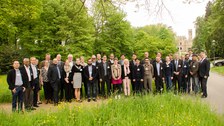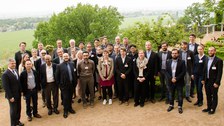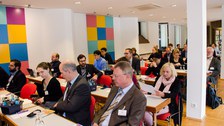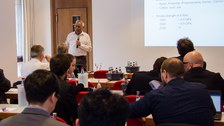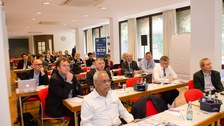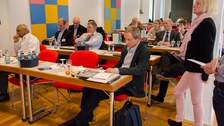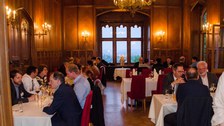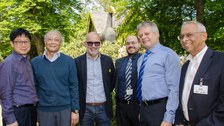1. Dresden International Colloquium on Tailored Carbon Fibers
Dresden, 03 / 04 May 2018
Castle Eckberg, Dresden, Germany
Impressions
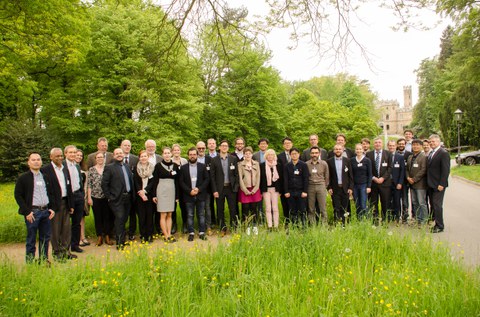
© ILK/TUD
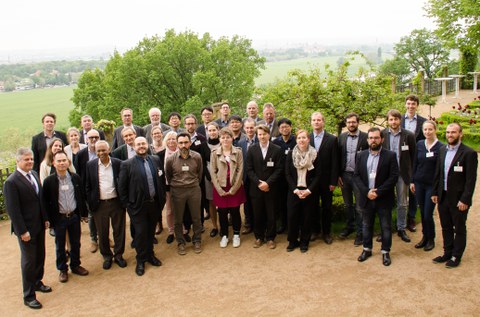
© ILK/TUD
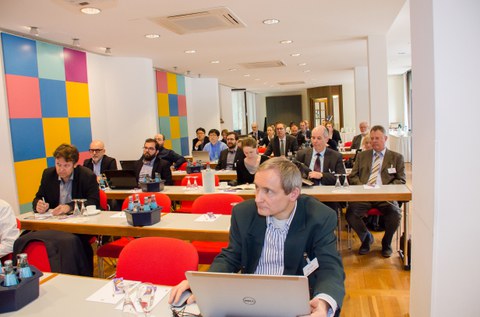
© ILK/TUD
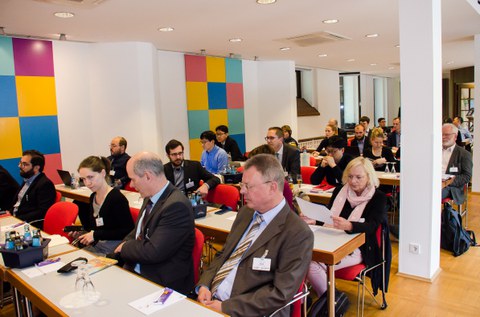
© ILK/TUD
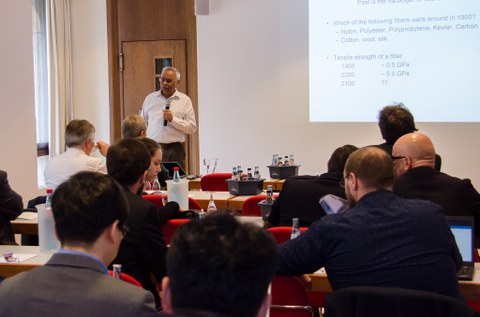
© ILK/TUD
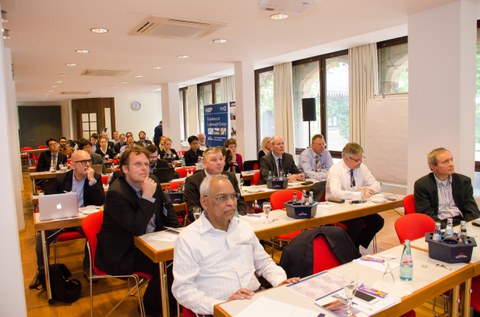
© ILK/TUD
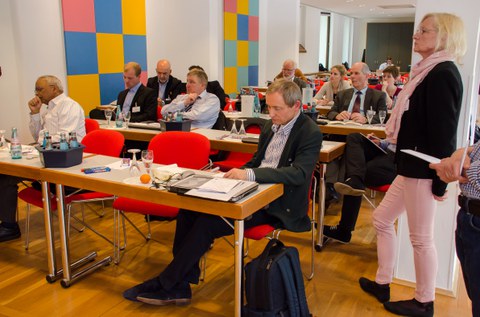
© ILK/TUD
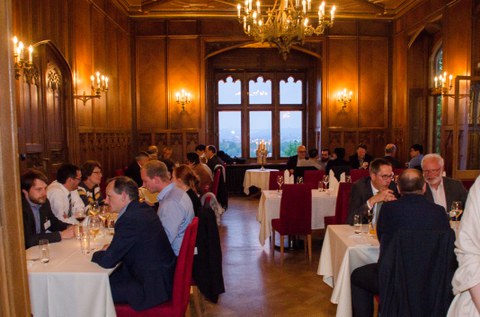
© ILK/TUD
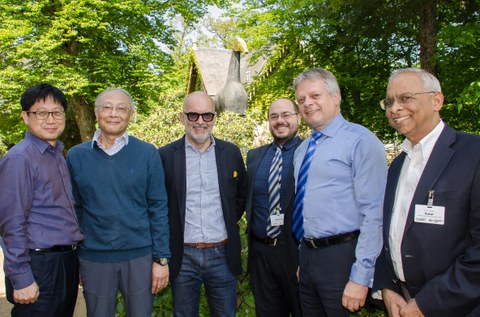
© ILK/TUD
Review
On Friday, 04.05.2018 in Dresden, Germany, leading scientists worldwide in the field of carbon fibers founded the international research network "Global Scientific Association of Advanced Carbon Fibers". The unique research network, which was initiated as part of the "1st International Dresden Colloquium on Tailored Carbon Fibers", includes researchers from Japan, South Korea, Australia, the USA, France, Greece, Belgium and Germany. Prof. Hubert Jäger from the Institute for Lightweight Engineering and Polymer Technology (ILK), TU Dresden, has taken over the organizational management. The members of the steering committee are Prof. Satish Kumar (Georgia Institute of Technology, USA), Prof. Costas Charitidis (NTU Athen, Greece), Prof. Willem van Vuure (KU Leuven, Belgium), Prof. Luke Henderson (Deakin University, Australia), Dr. Celia Mercader (CANOE Pessac, France), Prof. Bon-Cheol Ku (KIST Jeonbuk, Republic of Korea) und Prof. Kanji Kajiwara (Shinshu University, Japan).
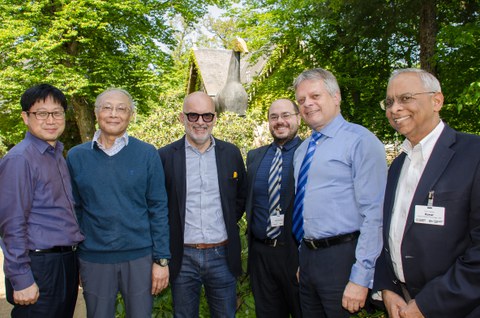
Steering Committee of the Global Scientific Association of Advanced Carbon Fibers. From left to right: Prof. Bon-Cheol Ku, Prof. Kanji Kajiwara, Prof. Costas Charitidis, Prof. Luke Henderson, Prof. Hubert Jäger and Prof. Satish Kumar
Tailored carbon fibers in focus
The participating researchers used the atmosphere of the Eckberg Castle in Dresden on May 3 and 4, 2018 to discuss the future of carbon fibre as a lightweight material at the colloquium and to exchange views on the most important developments. The focus of the conference was on tailored carbon fibers that meet the individual requirements of different industries and are multifunctional due to their special characteristics. The scientists provided new impetus for carbon fibre research in the coming years.
The internationally renowned scientists presented the latest results of cutting-edge research in the field of tailored carbon fibers and gave an outlook on future areas of application for high-tech fibers. In the future, carbon fibers will not only be used as lightweight materials but also as energy storage materials, thus enabling breakthroughs in battery technology.
New regenerative raw materials
The use of new regenerative raw materials, such as lignin, but also the cost/property optimization of alternative raw materials to the petroleum product polyacrylonitrile (PAN) are of the greatest importance in the field of future developments. "Here, the university and non-university research institutions in Dresden provide unique, spatially concentrated expertise for the continuous research of molecules, fibers and their use in future-oriented components. For reasons of availability, fibre recycling at the end of a component's life is also considered to be of great importance in the medium term. The TU Dresden is already researching methods to recycle the carbon fibers and the matrix completely and to bring them to a second life cycle," says Prof. Maik Gude from the ILK.
"The resource PAN, from which we produce carbon fibers today, is finally and already not available in the quantity that the global economy actually needs," explains Prof. Hubert Jäger. "If we manage to obtain the fibers from plant-based resources, these additional quantities will make future growth fields in lightweight construction possible in the first place. Cost- and resource-efficient transport with lightweight materials, higher and more daring buildings with carbon concrete, completely new applications in battery and electrical engineering that nobody can think of today - all this would be possible at a price that can compete with conventional materials. Here in Dresden, these developments are being driven forward decisively."

